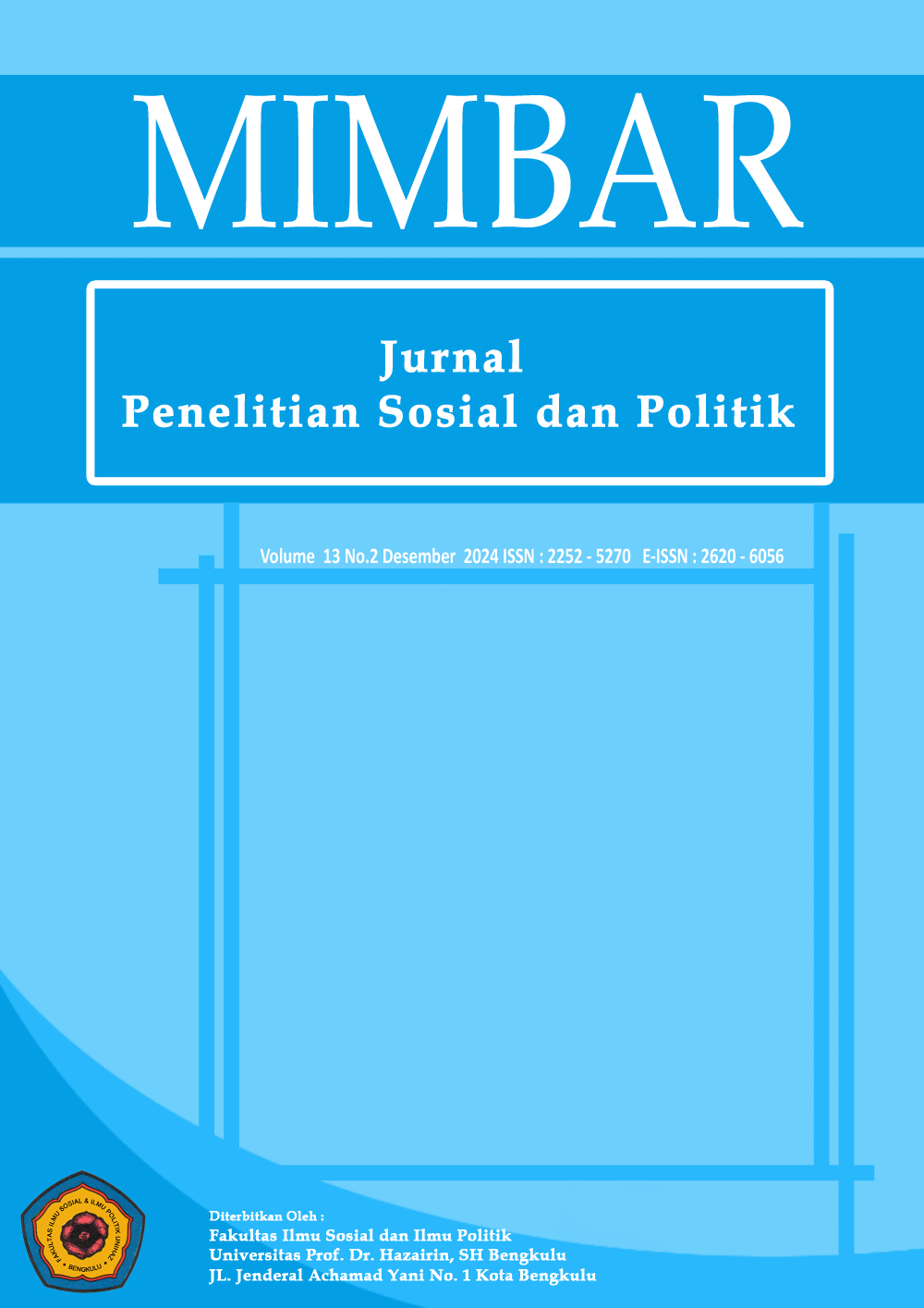COLLABORATIVE GOVERNANCE MODEL IN SUSTAINABLE FOOD AGRICULTURAL LAND PROGRAM IN SUKABUMI CITY
DOI:
https://doi.org/10.32663/tdf08g14Keywords:
collaborative governance, sustainable food agriculture land, soft system methodology.Abstract
The research aiming for analyze governance conditions collaborative in the Land program Agriculture Food Sustainable Development (LP2B) in Sukabumi City and formulating a governance model collaborative which can applied to solve the existing problems. The research use theory collaborative governance by Ansel and Gash. This theory covers four dimensions main: starting conditions, institutional design, facilitative leadership, and collaborative process. The research used qualitative approach with Soft System Methodology (SSM). The results of this study show that collaborative governance in the LP2B program has not been optimal. Some identified problems show imbalance power bargain between stakeholder interest at the stage of starting condition, weakness in institutions design that cause roles and responsibilities of stakeholders is not clear, and obstacle in the collaborative process that resulted in lack of synergy and involvement between government, farmers, and private sector. The research gives important outlook about factors that need to be considered fixed for improve collaborative governance in the LP2B program, as well as offer model recommendations to solve problems which found in every dimensions.



